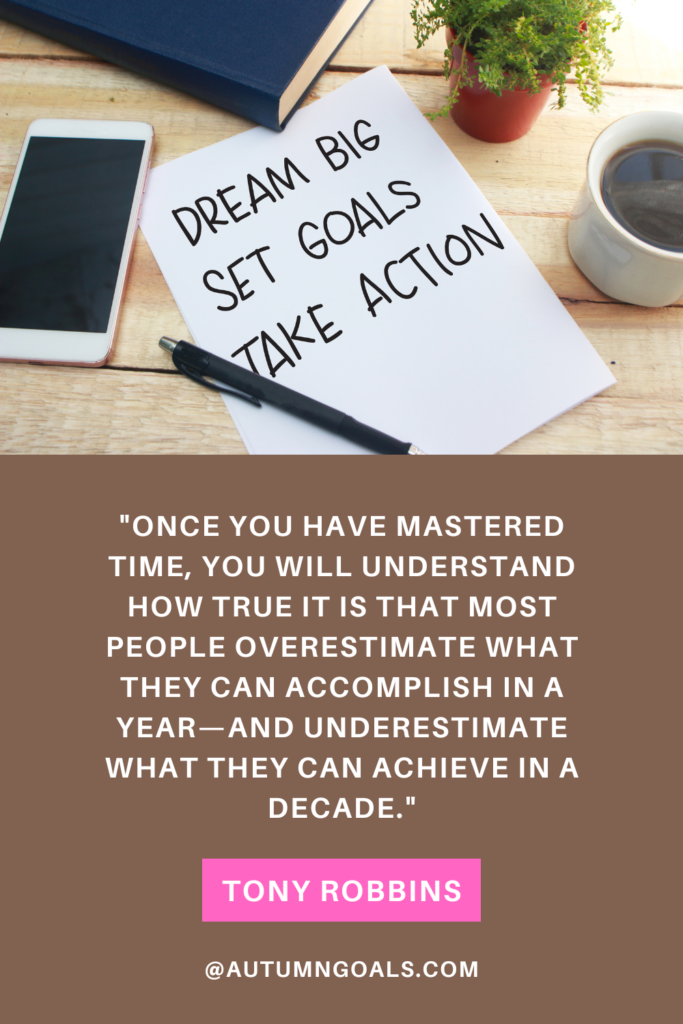Maximizing Your Productivity with Effective Time Management
June 9, 2024 | by autumngoals.com

Time Photo by Aron Visuals on Unsplash
The quest for increased productivity has become more critical than ever in today’s fast-paced world. Whether you’re a professional, a student, or a stay-at-home parent, managing your time effectively can significantly enhance your personal and professional life. Time management is not merely about working harder but working smarter to achieve more with less stress.
This article will explore practical strategies to maximize productivity through effective time management, providing you with tools, techniques, and insights to make the most of your day.
Understanding Productivity and Time Management
Productivity is the measure of how efficiently you can convert inputs into valuable outputs. It’s about making the best use of your time and resources to achieve your goals. Time management, on the other hand, involves planning and exercising conscious control over the amount of time spent on specific activities to increase effectiveness, efficiency, and productivity.
The awesome truth is that we all have the same time, 24 hours in a day to be exact. It is how we use our time that makes us efficient or not!
Renowned personal development coach Brian Tracy once said, “Time management is the ability to decide what is important in your life and then set aside the time to do it.” This quote emphasizes the essence of time management: prioritization and allocation of time to tasks that matter the most.

Prioritization: The Art of Knowing What’s Important
One of the cornerstones of effective time management is prioritization. Not all tasks are created equal. Some tasks are more important and yield higher returns than others. The Pareto Principle, also known as the 80/20 rule, suggests that 80% of your results come from 20% of your efforts. Identifying and focusing on these high-impact tasks can dramatically improve productivity.
Imagine, for example, you’re a freelance writer juggling multiple clients. By prioritizing high-paying or high-profile projects, you ensure that your most valuable work is completed first. This not only maximizes your income but also enhances your reputation.
Prioritization helps in reducing stress and ensuring that crucial tasks are completed on time, thereby improving overall productivity.
Setting SMART Goals
Goals give direction to your efforts and help you stay focused. However, not all goals are effective. The SMART criteria—Specific, Measurable, Achievable, Relevant, and Time-bound—provides a framework for setting clear and attainable goals.
Instead of setting a vague goal like “I want to be fit,” a SMART goal would be “I will run three times a week for 30 minutes each session to improve my cardiovascular health over the next three months.”
SMART goals provide clarity and motivation, making it easier to track progress and stay committed.

Time Blocking: A Structured Approach to Managing Time
Time blocking involves dividing your day into blocks of time, each dedicated to a specific task or group of tasks. This technique helps in minimizing distractions and enhancing focus.
An example of time blocking could be – allocate 9 AM to 11 AM for deep work, 11 AM to 12 PM for meetings, and 1 PM to 2 PM for emails and administrative tasks.
Time blocking ensures that each task gets the attention it deserves, reducing multitasking and increasing overall efficiency.
The Pomodoro Technique: Working in Bursts
The Pomodoro Technique, developed by Francesco Cirillo, involves working in short, focused intervals (typically 25 minutes), followed by a short break. This method leverages the natural rhythm of concentration and rest to maintain high productivity levels.
A way that you may use this technique would be to use a timer to work on a project for 25 minutes, then take a 5-minute break. After four cycles, take a longer break of 15-30 minutes.
This technique helps in maintaining mental freshness and prevents burnout, making long working hours more sustainable.
Utilizing Technology: Tools for Enhanced Productivity
These days, numerous tools can help streamline tasks and manage time more effectively. From project management software like Trello and Asana to time tracking apps like Toggl, technology can be a significant ally in boosting productivity.
You may choose to use Trello to organize tasks into boards and cards, providing a visual overview of your projects. Track the time spent on each task with Toggl to identify areas for improvement.
These tools facilitate better organization, tracking, and collaboration, making it easier to stay on top of your workload.

Delegation: Sharing the Load
Delegation involves assigning tasks to others to free up your time for higher-priority activities. Understanding what tasks can be delegated and to whom is crucial for effective time management.
If you’re a manager, delegate routine administrative tasks to an assistant, allowing you to focus on strategic planning and decision-making.
Delegation not only empowers your team but also allows you to concentrate on tasks that require your expertise, thereby enhancing productivity.
The Importance of Rest and Self-Care
Productivity isn’t about working non-stop; it’s about maintaining a balance between work and rest. Regular breaks, adequate sleep, and time for relaxation and hobbies are essential for sustained productivity.
You may consider scheduling short breaks throughout the day and ensure you get 7-8 hours of sleep each night. Take time off during weekends to recharge.
Proper rest and self-care improve mental and physical health, reducing the risk of burnout and maintaining high productivity levels over time.
Expert Advice on Time Management
Stephen Covey, Author of “The 7 Habits of Highly Effective People”: “The key is not to prioritize what’s on your schedule, but to schedule your priorities.” Covey emphasizes the importance of aligning your schedule with your most important tasks.
David Allen, Creator of Getting Things Done (GTD) Methodology: “Your mind is for having ideas, not holding them.” Allen suggests externalizing tasks and ideas into a trusted system to free your mind for creative thinking.
Tony Robbins, Life Coach and Motivational Speaker: “Once you have mastered time, you will understand how true it is that most people overestimate what they can accomplish in a year—and underestimate what they can achieve in a decade.” Robbins highlights the long-term benefits of effective time management.

Use effective time management
Effective time management is a powerful tool for maximizing productivity and achieving personal and professional goals. By prioritizing tasks, setting SMART goals, utilizing techniques like time blocking and the Pomodoro Technique, leveraging technology, delegating responsibilities, and ensuring adequate rest and self-care, you can significantly enhance your productivity.
Remember, the goal is not to fill every minute with work but to make each minute count. By implementing these strategies, you can create a balanced and productive life, paving the way for continuous personal development and success.
RELATED POSTS
View all



